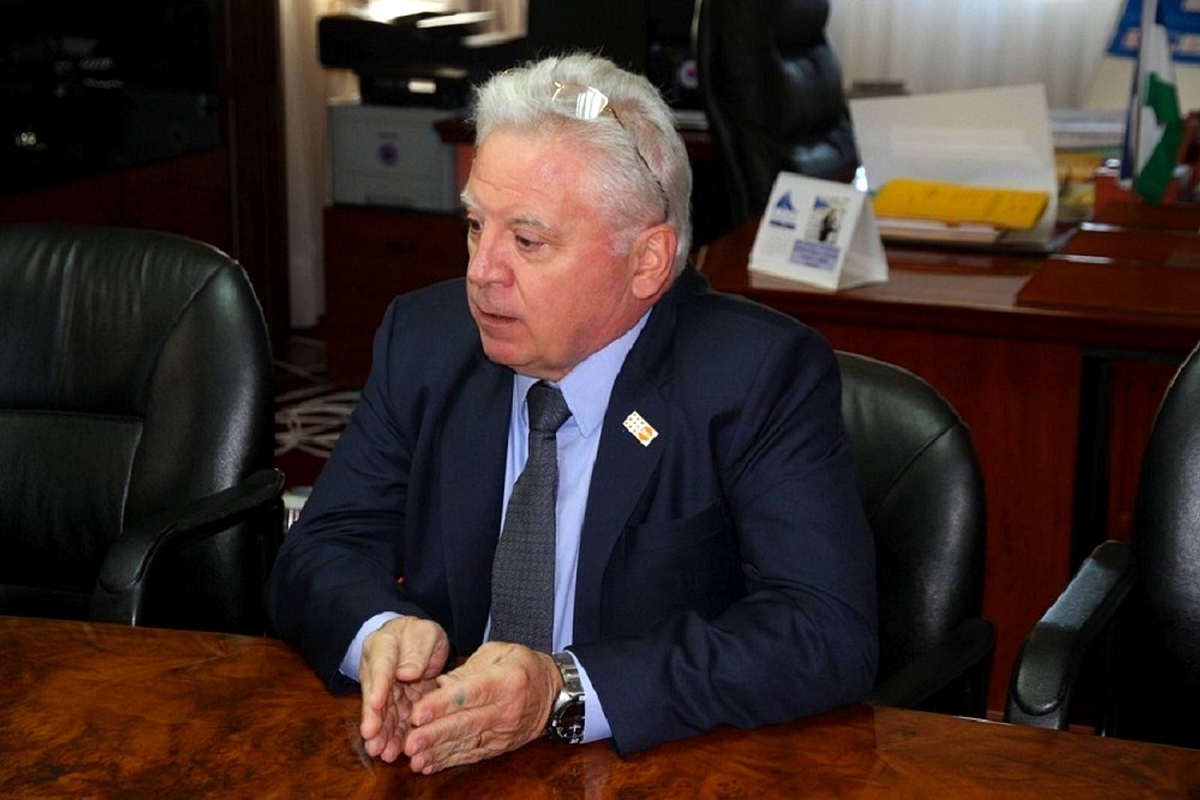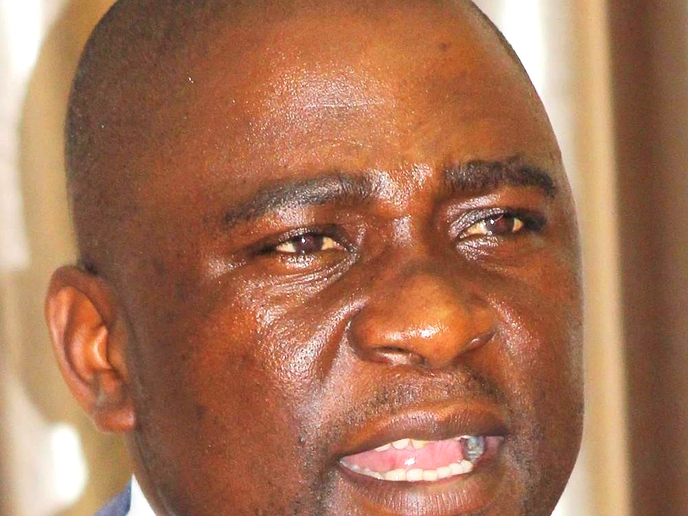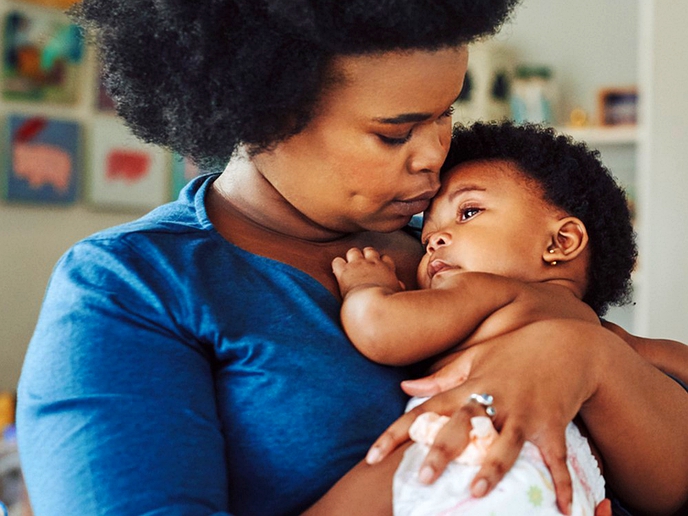DESPITE advances in scientific understanding of HIV and its prevention and treatment by the World Health Organisation (WHO) and civil organisations, there are still people with HIV or at risk of HIV, who do not have access to prevention, care and treatment, impacting households, communities, development and economic growth.
health
June 1, 2021
LINEO MABEKEBEKE
3 min read
LPPA, UNFPA fight HIV infections along borders

UNFPA Country Representative Dr Marc Derveeuw
UNFPA, the United Nations Population Fund, working collaboratively with the Lesotho Planned Parenthood Association (LPPA) on a project called Along the borders, a comprehensive HIV prevention programme that targets the borders, especially the most porous ones including the Mafeteng, Maseru and Maputsoe borders held a campaign on Friday, at the Maseru Bridge, to attract more people and to bring more visibility of the project.
This is where people were taught the importance of using female condoms, shown how the device is used and provided with other Sexually Transmitted Infections (STIs) services.
LPPA Youth officer, Lebeoana Kholokholo said the day was meant to promote female condoms in order to increase information about access to them.
He said they are aware that females do not want to use female condoms, adding that they planned to help make participating women aware of the female condoms, in order to encourage their use against HIV and STIs.
“We also want to provide them with some background information on the importance of using the device and how to use it,” Mr Kholokholo also said. Their target population includes truck drivers, female sex workers, Lesbian, Gay, Bisexual, Transgender and Intersex (LGBTI) communities as well as the community that lives around the borders, because there has been a research and realisation that those are the most affected by HIV/AIDS issues.
In an interview, Thabo Lebaka of the UNFPA said they are trying as much as possible to capture new infections, particularly of HIV, STIs and the unwanted pregnancies.
He said they want to ensure that they contribute towards reducing new infections, prevent STIs as well as unintended and unwanted pregnancies.
With their innovative style, which includes the distribution of full packages of condoms, lubricants and service directory, Mr Lebaka said people now know where they can get better services.
Due to the COVID-19 pandemic, he said they failed to reach their target, reaching only 80% of the targets
He said their peer educators were able to meet their clients and target population in their home locations.
Enjoy our daily newsletter from today
Access exclusive newsletters, along with previews of new media releases.
“We also used social media platforms so that if one of the target clients needed services, then a peer educator would ensure that the client was reached. This is one the strategies we want to showcase, that if used effectively, social networks within these populations can bring a lot of impact and success of the interventions,” he said.
A resident of Ha Hoohlo, near the Maseru border, Mpho Khomo was excited to be introduced to the female condom.
He was also glad to know that both types of condoms are effective as long as they are used correctly, noting that it is essential to understand both options.
“If one finds a male condom to be uncomfortable during sexual intercourse, then a female condom might be the answer. Because they are larger and do not fit tightly around the male private part, this means they give the organ more breathing space.”
Tailored for you






